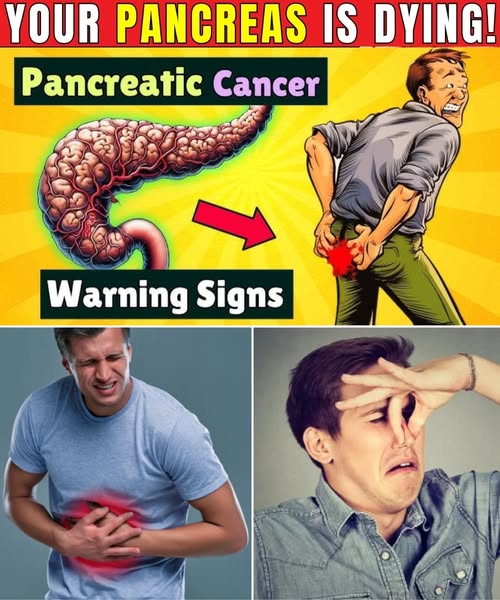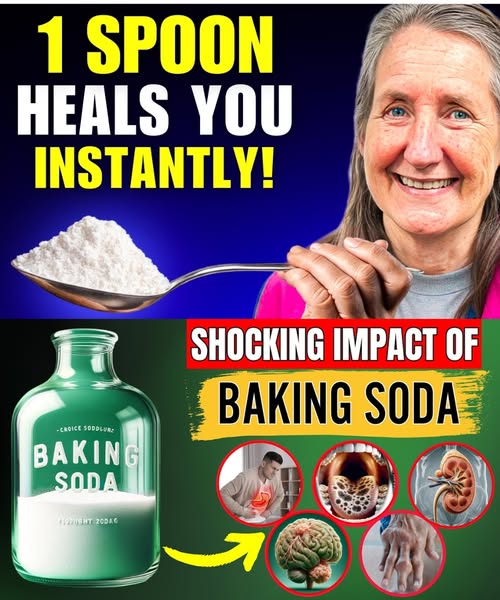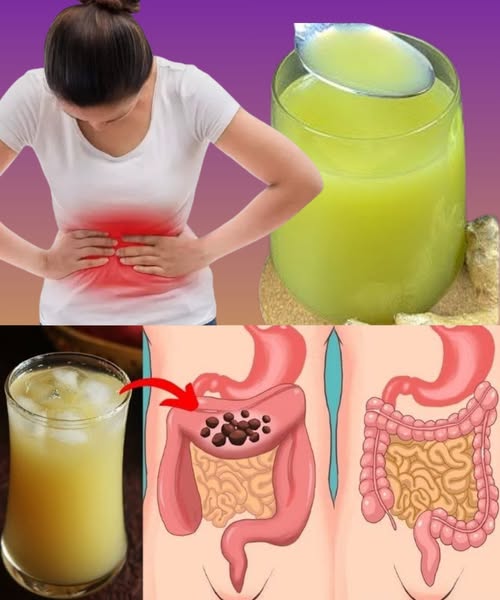Introduction

Pancreatic cancer is often called the “silent killer” for a terrifying reason: its early symptoms are subtle or mistaken for minor issues. By the time it’s diagnosed, it’s usually advanced—making it one of the deadliest cancers in the world. According to the American Cancer Society, pancreatic cancer accounts for about 3% of all cancers in the U.S. but about 7% of all cancer deaths.
It’s absolutely vital to recognize early warning signs that can save lives. In this comprehensive guide, you’ll discover 8 shocking symptoms of pancreatic cancer you must not ignore. We’ll also answer key questions people frequently ask, bust myths, and show you how to take proactive, potentially life-saving steps.
If you care about your health—or that of someone you love—read this carefully. Share it. And take action if you see any of these red flags.
Why Early Detection Matters
Pancreatic cancer has one of the lowest survival rates among major cancers. The 5-year survival rate is around 12% overall. For localized disease (before it spreads), it can be as high as 44%, but only about 11% of cases are diagnosed that early.
That stark difference shows why recognizing symptoms early is critical. The earlier it’s caught, the better your odds.
8 Symptoms of Pancreatic Cancer That Will Shock You
1️⃣ Unexplained, Rapid Weight Loss
Weight loss might sound harmless, even welcome—but sudden, unintentional weight loss is a major red flag.
- Why it happens: The tumor disrupts digestion by blocking the pancreatic duct or reducing enzyme production. Your body can’t absorb nutrients properly.
- Key sign: Losing more than 5–10% of your body weight in a few months without dieting.
Pro Tip: Track your weight monthly. If you notice dramatic drops, see a doctor immediately.
2️⃣ Persistent Upper Abdominal or Back Pain
This pain often goes ignored or gets chalked up to a pulled muscle or indigestion. Don’t make that mistake.
- Location: Often a dull pain in the upper abdomen that can radiate to the back.
- Timing: May worsen after eating or lying down.
Critical Insight: This pain can be due to the tumor pressing on nearby organs or nerves.
3️⃣ Jaundice (Yellowing of Skin and Eyes)
Jaundice is one of the most visible, alarming signs.
- Why it happens: Tumors in the pancreas can block the bile duct, causing bilirubin buildup.
- Signs:
- Yellow skin and eyes
- Dark urine
- Pale stools
- Itchy skin
If you see these, seek immediate medical evaluation.
4️⃣ New-Onset Diabetes or Worsening Diabetes
Did you know the pancreas is crucial for insulin production? Cancer can destroy insulin-producing cells.
- Warning sign: Suddenly developing diabetes after age 50 with no risk factors.
- Other clues:
- Poorly controlled blood sugar despite treatment
- Unusual insulin resistance
FAQ Answered: Is diabetes a cause or symptom of pancreatic cancer?
It’s a symptom. New-onset diabetes can be an early marker of pancreatic cancer, especially in older adults.
5️⃣ Digestive Problems and Changes in Stool
Pancreatic cancer often causes exocrine pancreatic insufficiency, meaning your body can’t make enough digestive enzymes.
- Symptoms:
- Greasy, floating, pale stools
- Frequent diarrhea
- Bloating and gas
- Nausea after eating fatty foods
This is a commonly overlooked sign. Doctors may misattribute it to IBS or gallbladder issues.
6️⃣ Loss of Appetite and Early Satiety
Tumors can press on your stomach or small intestine, making you feel full quickly.
- Signs:
- Skipping meals without trying
- Feeling stuffed after small portions
- Losing interest in food
These symptoms contribute to weight loss and malnutrition, worsening overall health.
7️⃣ Blood Clots (Deep Vein Thrombosis)
A surprising and under-recognized sign: unexplained blood clots.
- Mechanism: Cancer cells can trigger clotting abnormalities.
- Clues:
- Painful swelling in legs
- Red, warm skin
- Shortness of breath (if clots travel to lungs)
Doctors may not immediately think of cancer if you present with a clot. Always mention if you have other symptoms from this list.
8️⃣ Fatigue and Weakness
We’re not talking about ordinary tiredness.
- Cancer-related fatigue is persistent and overwhelming, not relieved by rest.
- Contributors:
- Anemia
- Malnutrition
- Tumor metabolism draining energy
Patients often describe this fatigue as crushing or debilitating.
Frequently Asked Questions (FAQs) About Pancreatic Cancer Symptoms
Q1: Are these symptoms always caused by pancreatic cancer?
No. Many conditions can cause them. However, having multiple symptoms together, especially if persistent or worsening, raises suspicion.
Q2: Who is at higher risk?
- Age over 50
- Smoking
- Chronic pancreatitis
- Family history of pancreatic cancer
- Obesity
- Certain genetic syndromes (e.g., BRCA mutations)
Q3: How is pancreatic cancer diagnosed?
Doctors use:
- Imaging (CT, MRI, endoscopic ultrasound)
- Blood tests (e.g., CA 19-9 tumor marker)
- Biopsy
Q4: Can pancreatic cancer be cured?
If caught early and surgically removed, yes. Unfortunately, most cases are advanced at diagnosis.
Q5: What can I do to lower my risk?
- Quit smoking
- Maintain healthy weight
- Eat a balanced, plant-rich diet
- Limit alcohol
- Stay physically active
The Emotional Side: Why This Topic Deserves Urgency
Pancreatic cancer is devastating. It often strikes with few warnings, progresses aggressively, and carries a high emotional toll on patients and families.
- Story Example: Many patients say, “I thought it was just heartburn.” By the time they see a specialist, options are limited.
- Emotional appeal: Don’t wait. Don’t dismiss persistent symptoms. You could save your own life or that of someone you love.
The Power of Knowledge: Busting Myths
✅ Myth 1: Pancreatic cancer only affects older people.
Fact: Risk increases with age, but it can strike younger adults too.
✅ Myth 2: It’s hopeless.
Fact: Early detection improves survival dramatically.
✅ Myth 3: No symptoms = no cancer.
Fact: It often causes subtle symptoms long before diagnosis.
Key Statistics That Demand Attention
- 5-year survival rate: ~12% overall.
- Localized cases: ~44% 5-year survival.
- Advanced (metastatic) cases: ~3% 5-year survival.
- Around 62,000 new cases per year in the U.S.
- ~50,000 deaths per year in the U.S.
These numbers are stark reminders of why awareness matters.
Action Steps You Can Take Right Now
✅ 1. Monitor your health vigilantly. Don’t ignore persistent, unexplained symptoms.
✅ 2. Know your risk factors. If you have family history or other risks, discuss screening with your doctor.
✅ 3. Seek prompt medical evaluation. Especially if you see multiple signs from this list.
✅ 4. Advocate for yourself. Don’t be afraid to ask for a second opinion or specialist referral.
✅ 5. Spread awareness. Share this article with friends and family.
How Doctors Evaluate Symptoms
When you see a doctor with these signs, expect:
- Detailed history and physical exam
- Blood work for liver function, tumor markers
- Imaging: CT scan, MRI, endoscopic ultrasound
- Possibly biopsy for confirmation
Early referral to a gastroenterologist or oncologist can make a life-saving difference.
Conclusion: Don’t Ignore These Critical Warning Signs
Pancreatic cancer is one of the most aggressive, lethal cancers known—but it doesn’t have to be a death sentence if caught early. The 8 symptoms above are critical warning signs. They’re shocking not just because of what they signal but because so many people overlook them.
✅ Unexplained weight loss
✅ Upper abdominal/back pain
✅ Jaundice
✅ New-onset or worsening diabetes
✅ Digestive problems
✅ Loss of appetite/early satiety
✅ Blood clots
✅ Fatigue and weakness
Remember, multiple symptoms together raise the stakes even higher.
If you notice these signs in yourself or someone else—act now. Talk to your doctor. Insist on evaluation. Lives are saved by vigilance, awareness, and early action.
Your health is too important to ignore. Don’t let silence be the killer.


